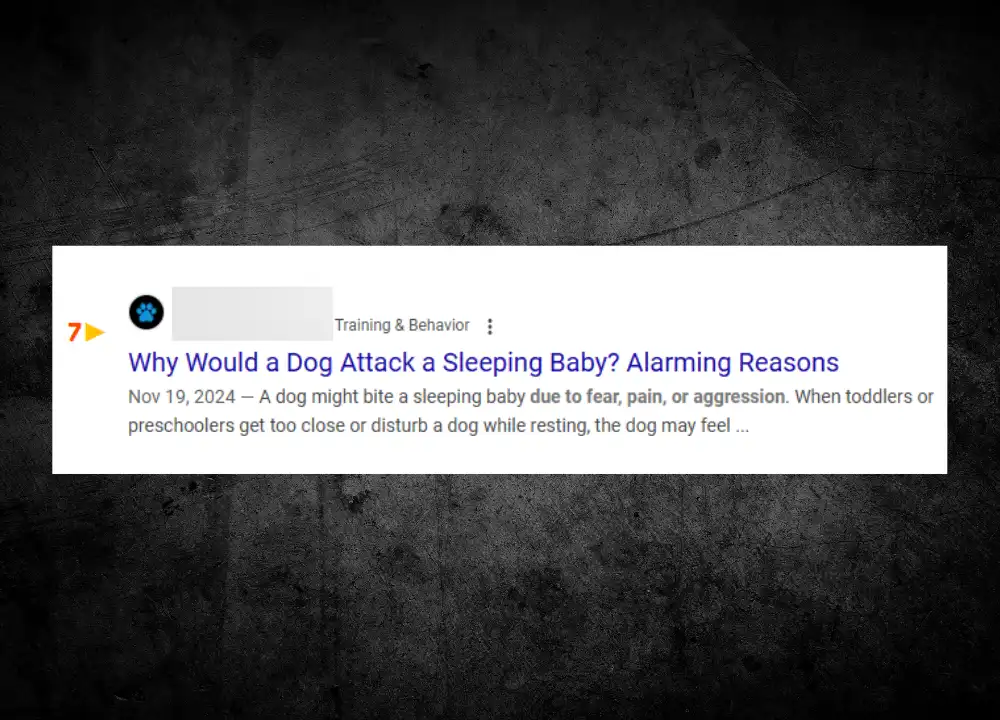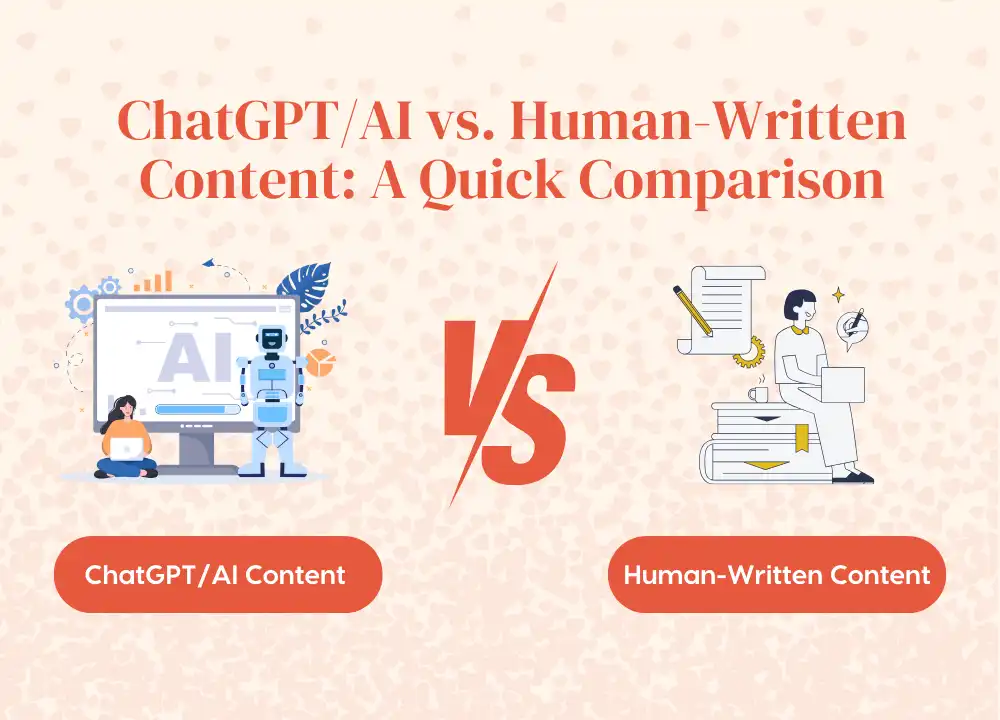I’ve seen how AI and technology have changed how content creators work. ChatGPT and other tools help streamline the creation process, making it a convenient way to generate human-like text quickly. Since OpenAI built this language model, it receives input and creates articles fast, but does it affect search engine optimization (SEO)? There’s an ongoing debate about whether created content impacts website rankings, and in this article, I’ll share whether ChatGPT-generated text hurts SEO and if it’s possible to rank AI content. Lets Explore..
Does chatgpt generated text hurt your seo
Some cases, yes, and some cases, no, it’s totally on how you write the content.. If you produce high-quality, fresh content while following the E-E-A-T framework, you can absolutely rank. However, if AI is misused, search algorithms may detect its limitations, potentially leading to penalties and making SEO more challenging.
Why Does ChatGPT-Generated Text Matter for SEO?
According to Google, “Appropriate use of AI or automation is not against our guidelines. This means that it is not used to generate content primarily to manipulate search rankings.” However, Google emphasizes that AI-generated content must still meet high-quality standards, aligning with Expertise, Experience, Authoritativeness, and Trustworthiness (E-E-A-T). Simply generating AI content isn’t enough; ensuring originality, depth, and user value is key to ranking well.”
Google’s ranking algorithms keep changing to prioritize quality content that serves the user and drives engagement. While AI-generated text can help with SEO, it also brings challenges since ChatGPT and other AI tools can produce volumes of articles quickly and efficiently. However, originality is a crucial factor in determining how well content will perform in search. Sophisticated systems can detect patterns and assess value, so content that lacks depth and relevance may harm performance.
The E-E-A-T framework plays a big role, and since AI lacks real-world knowledge, it may create duplicate content across multiple websites, leading to penalties or exclusion from search results. To resonate with readers, balancing human-written content with AI assistance is a smarter SEO strategy for better engagement and lower bounce rates.

My Experience with chatgpt content
I write articles with ChatGPT for my clients, and many of my blogs now rank on the 1st page, But I don’t just copy and paste, I enhance the content with real experience, unique insights, and a human touch. AI-generated text can be a great tool, but if you don’t make it valuable, it won’t perform well in SEO.
ChatGPT often uses the same terms and follows a similar pattern in writing. I tested many prompts to find what works best for me. Only relying on AI is not a good strategy, you need to add authentic sources, fact-check, and make the content stand out to get real SEO success.
Common Pitfalls to Avoid with AI Content
Using AI for content can help with SEO, but misusing it can hurt rankings. Avoid these common mistakes to keep your content valuable and engaging.
- Thin, repetitive, surface-level material – Lacks unique insights and depth.
- Keyword stuffing – Overloading text with keywords can reduce readability.
- Generic, robotic tone – Makes content less engaging and relatable.
- Lack of authenticity – Readers may not trust AI-generated content.
- No real examples – Missing real-world insights weakens credibility.
| ChatGPT/AI Content | Human-Written Content |
|---|---|
| Generates content fast | Takes more time, but adds depth |
| Follows patterns, may sound repetitive | Feels unique, with a natural flow |
| Lacks firsthand experience and emotions | Includes real-life examples and insights |
| Can sometimes have generic or robotic tone | More engaging, relatable, and authentic |
| Needs fact-checking and editing to be reliable | More accurate with trusted sources |


